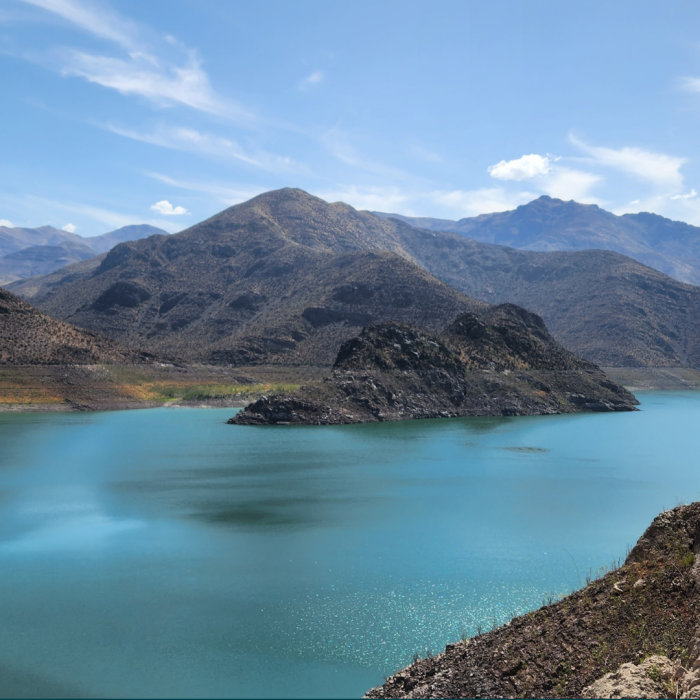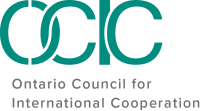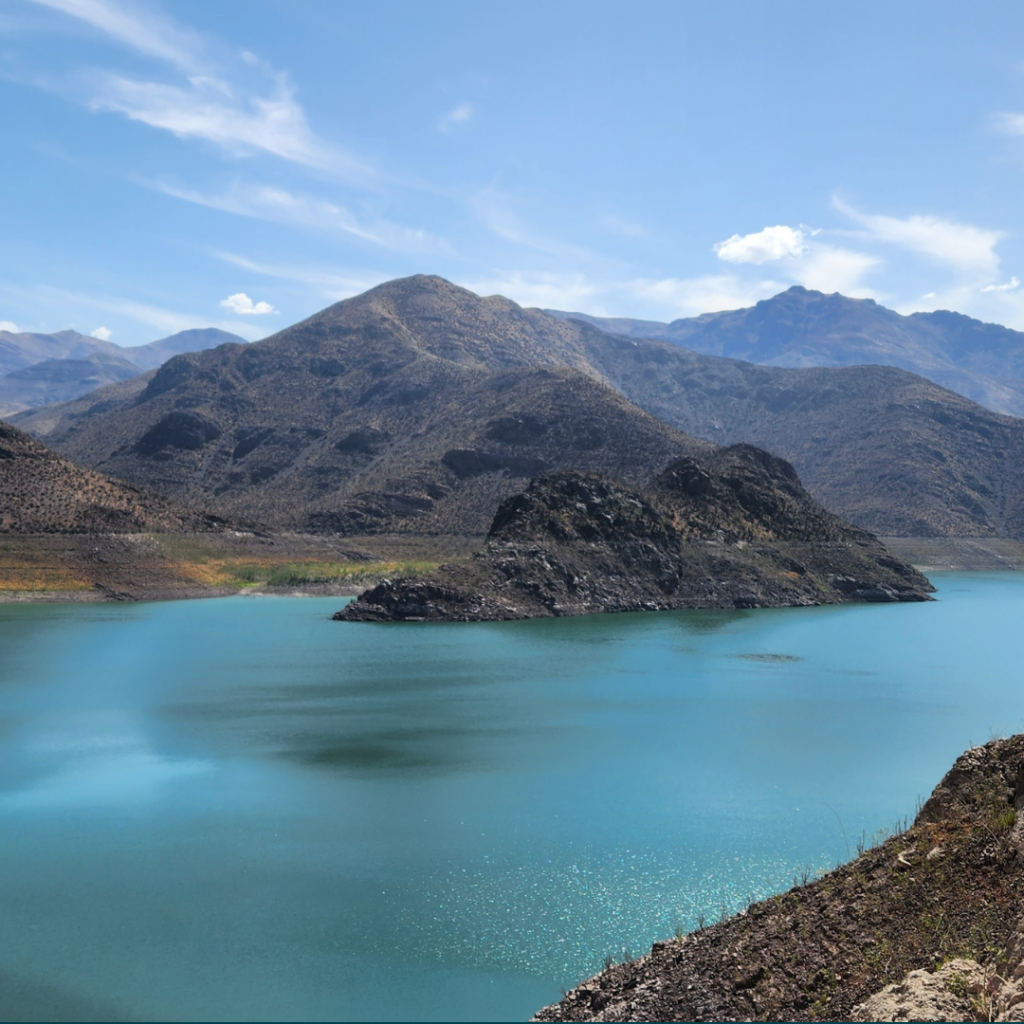Is Water a Protected or Unprotected Human Right?
By Beatriz Garcia Granados
When I was a child, I used to live in one of the suburbs in Mexico City, a place in the middle of the mountains and outside of the city. Close to my friends and family’s neighborhood, there was a conservation area with a lot of trees and a river. We could not afford vacations; for that reason, we spent a lot of our free time in this beautiful place. My parents used to organize picnics and celebrations there. My friends and I built sand castles and fake swimming pools. We were so happy to spend time close to nature. My mother and her friends cooked carnitas and carne asada and had some drinks while the children enjoyed the water.
One day, we started seeing helicopters arriving at our beautiful place, we did not know what was going on. However, my neighbors and my parents organized a meeting to find out. They went to speak with local people and there was a rumor that our natural place was being sold to Japanese-Chinese-European Companies to build a golf club. After some months, they started building a wall between our neighborhood and this place that became part of the Golf Club. The saddest part is that the water that we used for bathing, drinking, and meeting our human needs was coming from the river located in this conservation area. Once they built the wall and luxury and residential houses, they also cut the water for us. We could not visit our natural places, and we suffered from the scarcity of water.

After all, the lesson learned was that my mother taught me how to take actions to preserve water. She said that we could take a shower with a small bucket, and we could reuse it in different ways. There were some weeks in which we did not have any water for bathing, cleaning or cooking. We reuse the water from the dirty dishes to water my mother’s plants. You appreciate the water when you don’t have access to it.
Water is a human right and it needs to be accessible for everyone, but in reality it’s not. I remember one day that my mother was worried because we were out of water for two weeks. That day we needed to walk some kilometres to get some buckets of water from another neighborhood, then I needed to wash my dishes after I had breakfast, so my mother took me to the sink and taught me how to use the water in a way that I don’t waste it because she said that water is like gold.
Water is a human right, the government is obliged to make sure that everyone can enjoy their basic human rights. However, in Mexico City there are no rules and if you have money and are from a privileged class you can cut the water from a whole neighborhood.
Beatriz Garcia Granados
UNAM-Centennial College; sociologist, multidisciplinary artist, and writer from Mexico based in Toronto
“My favorite body of water is the ocean because I barely had access to it. When I went to the seaside for the first time I was really amazed by the power of the ocean. As well as, my grandmother taught me that the ocean has healing properties, so when I was a teenager she took me to the beach for the first time when I was not feeling well and showed me how to heal through the salty water, and I love all the memories that I have with her in the ocean.”
Stories of Water and Change
In honor of World Water Day 2024, this online feature is dedicated to celebrating the profound connection between individuals and water, while shedding light on pressing global water issues. This diverse collection of personal narratives and photographs serves as a testament to the multifaceted relationships we share with this vital resource. As we immerse ourselves in these accounts, we are not only inspired by the depth of individual experiences but also reminded of the urgent need for collective action to safeguard our planet’s most precious resource.








